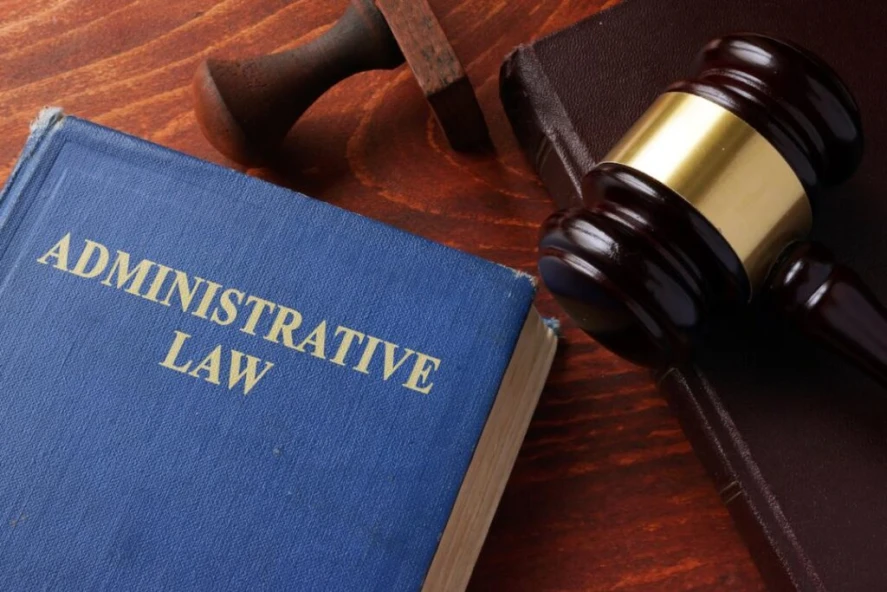Many disciplinary proceedings for licensed professionals in Texas are resolved by informal agreements with their state licensing boards or agencies. These agreements may result in non-disciplinary corrective action or disciplinary action with stated penalties, depending on the severity of the violation. However, in some cases, the parties cannot agree to resolve the case. When the case is contested, and attempts to reach an agreement have failed, most licensing boards forward cases to the Texas State Office of Administrative Hearings (SOAH) for contested hearings.
A contested disciplinary hearing can result in severe sanctions that may impact your ability to continue your career. As a result, you should not hesitate to contact an experienced professional license defense lawyer for assistance if you are facing disciplinary proceedings before your professional licensing board or agency.
When a Case Goes to the State Office of Administrative Hearings
When a state licensing board refers a case to SOAH for a contested hearing, SOAH assigns an administrative law judge (ALJ) to oversee the case. The ALJ operates under the authority of a Chief Administrative Law Judge appointed by the Governor. All ALJs are licensed Texas attorneys who do not answer to any state agency to remain neutral, third-party decision-makers.
Contested Pre-Hearing Procedures
Ultimately, the ALJ will conduct a contested administrative hearing between the licensing agency and the licensed professional accused of violating a rule or law governing the profession. However, the ALJ also conducts all the preparations leading up to the hearing, which include setting deadlines for discovery and deciding any pretrial motions, such as evidentiary disputes. Although the ALJ and attorneys for the parties apply the Texas Rules of Evidence, they also utilize special procedural rules that apply solely to the SOAH.
Click to contact our professional license defense lawyers today
For instance, during the discovery process, the parties will request and exchange evidence and other information about the case from one another. Common forms of discovery include requests for disclosure, such as witness lists, interrogatories or sets of written questions, and requests to produce documents.
Complete a Case Evaluation form now
Motions may address everything from continuing a hearing date from one date to another, asking for a witness to appear remotely, or a dispute over whether a certain piece of evidence should be admissible during the hearing. A party typically files a written motion, and the other party has a chance to file a written response. The ALJ may issue a ruling based on the written motion and response or may hold a short hearing to further discuss the matter before ruling.
During the Contested Hearing
Once all pretrial matters are resolved, the contested hearing begins. First, the ALJ will hear opening statements from each party, much like a judge or jury would in a court trial. However, there are no juries in administrative hearings at the SOAH. The ALJ is the sole presiding authority in a disciplinary proceeding. In any case, the opening statements summarize each party’s position and the evidence that they intend to present at the trial.
Next, the ALJ hears evidence from both sides, beginning with the state agency. This evidence can consist of documentary evidence, such as patient or client records, and witness testimony, either from the complainant or third-party witnesses. The state agency will present evidence to prove that the licensed professional violated one or more rules or laws that pertain to the profession.
After the state agency has presented its case, the licensed professional must present their case. Again, they can present both documentary evidence and witness testimony as needed.
At the conclusion of both parties’ evidence, the ALJ also hears closing statements, in which each side summarizes its position and the evidence presented during the hearing. Each side also makes its final legal arguments supporting its position and outlines what the ALJ asks it to do in the case.
Decision-Making by the ALJ
In most cases, the ALJ issues findings of fact and conclusions of law and a Proposal for Decision (PFD), usually within about 60 days of the hearing. The PFD is received by both parties and the board or licensing agency that referred the case.
If the ALJ issues a PFD, one or both parties can file exceptions within certain timeframes to point out any errors. The licensing agency’s governing Board accepts, rejects, or amends the PFD. In some cases, the Board may also remand the case to the ALJ for further hearing.
However, under some licensing agency rules, the ALJ issues a decision and order in a disciplinary case, and the licensing board has no further involvement. In that case, either party who disagrees can request a rehearing.
Contact Bertolino, LLP Today for Legal Assistance
Do not hesitate to get legal assistance if facing potential disciplinary action against your professional license. Retaining the services of legal counsel from the beginning of any disciplinary proceedings before the licensing board can be crucial to a more positive resolution of your case. Contact a Texas professional license defense attorney immediately for help with your disciplinary proceedings today.
Call or text (512) 476-5757 or complete a Case Evaluation form




